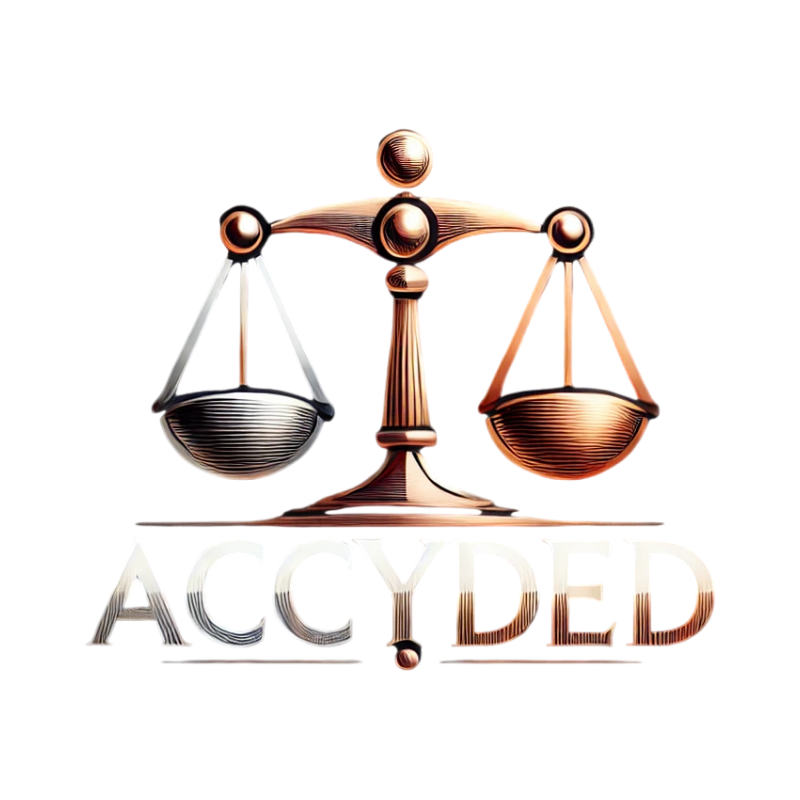They say that our 6 historical constitutions were "programmatic", that is, they were considered declarations of "ideals or intentions" but they did not obligate public powers to comply with their provisions. It is of interest to "weigh" because our current Constitution (1978) is not considered "programmatic" but rather "normative". "Supposedly" because the public powers are subject to its regulations with "binding" force or in the sense that the constitutional precepts They are directly applicable.... Do you believe it?
Despite the entry into force in 2009 (Lisbon Treaty) of the Charter of Fundamental Rights of the EU (CDFEU), among them equality before the law, it is surprising that the principle of the supremacy of the European Treaties, similarly range that the rights of the Charter and in the environment of "multi-level constitutionalism" in which they have developed, which links their direct application to the legal order of the EU Member States, has not been sufficient for it to be applied this European regulation to the kingdom of Spain.
We do not appreciate that in 1985 our Constitutional Court forgot to protect this "subjection" of the powers to the supreme norm "Spanish Constitution" . It was without a doubt a journey of no return that our judicial power took based on guaranteeing a presumed "judicial independence" and granting itself privileges that only it can "claim" in the format of a question of unconstitutionality, undoubtedly a perverse act considering that no citizen seems to have noticed the deception in these 40 years - or fear?
A country that does not respect equality before the law runs the risk of turning its constitution into a programmatic one in the following aspects:
Lack of effective enforcement of fundamental rights: If constitutional rights are not applied equally to all people, the Constitution ceases to be a supreme and binding norm, and becomes an aspirational statement with no real impact. This happens when laws or authorities discriminate against certain groups, violating the principle of equality.
Lack of effective judicial control: If the judicial system is not independent or lacks mechanisms to ensure that all citizens are treated equally, the Constitution remains at a programmatic level. This occurs when the courts cannot intervene to correct discriminatory acts or protect citizens from abuses of power.
Legalized or tolerated discrimination: When laws or practices that favor certain groups or sectors of society over others are allowed to exist, the Constitution loses its normative value. Equality before the law is essential for all citizens to trust the system and perceive the Constitution as the highest authority.
Limitation of rights to certain groups: If certain rights or protections are only accessible to some and not to all, the Constitution loses its function as a supreme norm and becomes an empty ideal. The lack of universal access to rights, such as education, health, security, and justice, shows that equality before the law is not real.
Absence of complaint and redress mechanisms: If people do not have effective resources to complain or receive justice when their rights are violated based on who they are, the Constitution remains at the declarative level. Equality before the law requires accessible and effective avenues to report inequalities and receive fair redress.
Equality before the law is an essential principle for a constitution to have real normative value, and when it is violated, it turns the constitution into a set of theoretical principles that do not effectively govern the political and social life of the country.
But let us not forget that the responsibility for these events is also "multi-level" since the European Commission is only "concerned" about this situation of violation of the Lisbon treaties and it seems that no one has raised the question of preliminary ruling in this regard with the TJUE... (wait for news)





